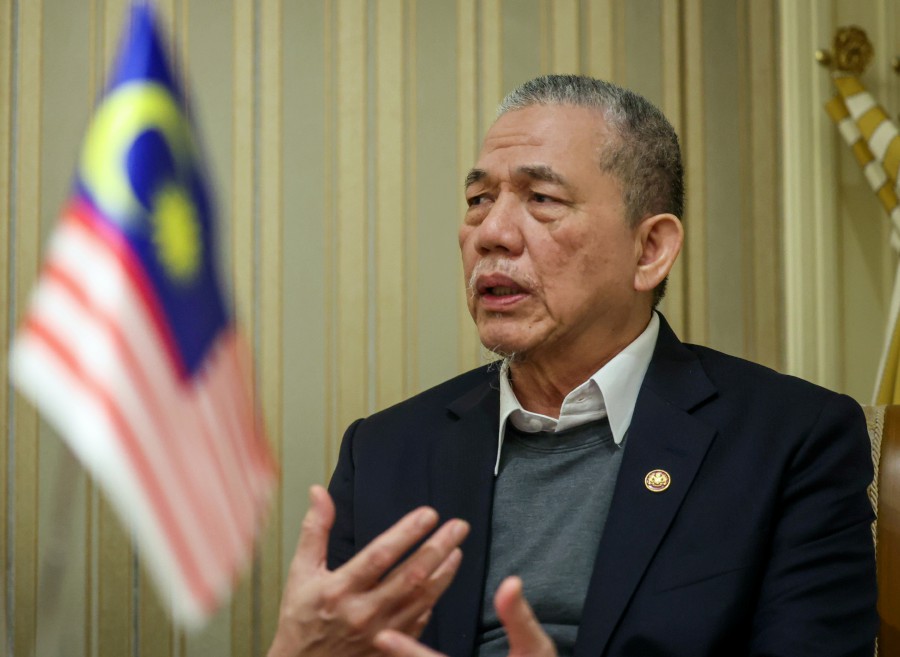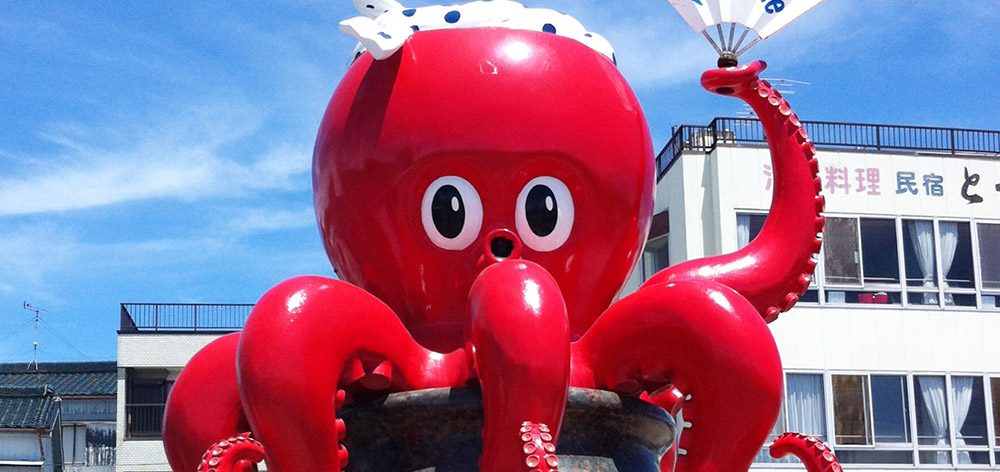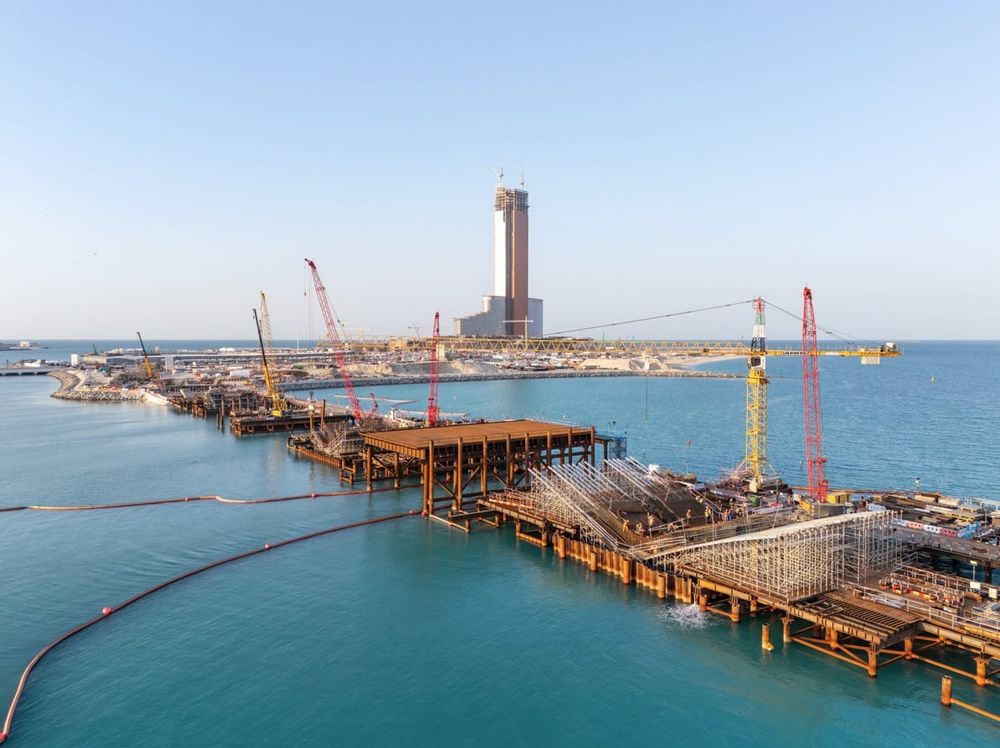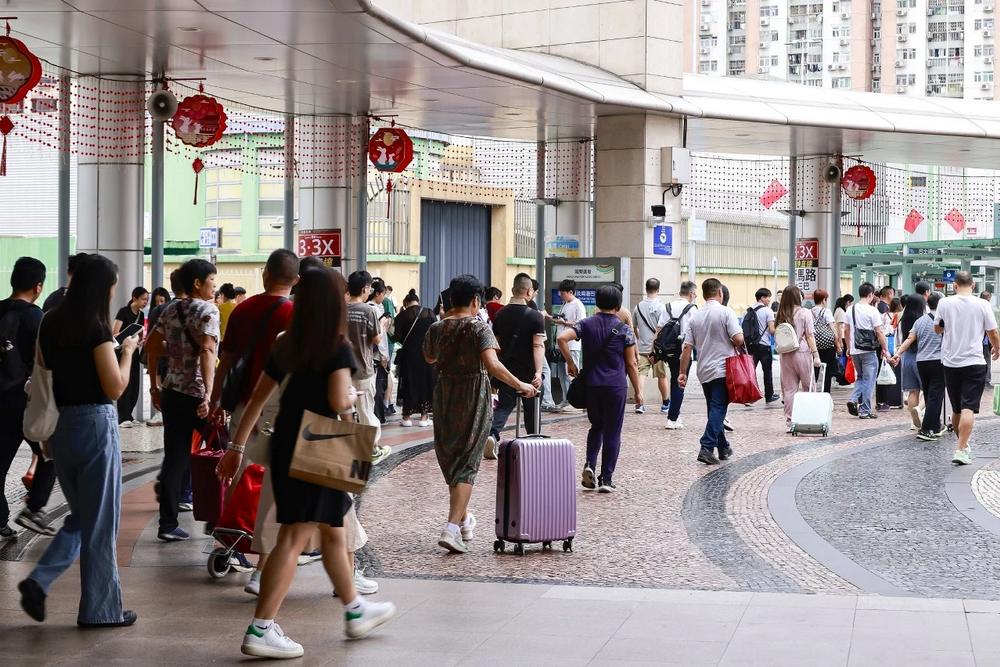Macau’s gaming sector saw a notable drop in suspicious transaction reports (STRs) during the first nine months of 2025, reflecting what analysts describe as a maturing compliance culture within Asia’s largest gaming hub. According to the city’s Financial Intelligence Office (GIF), casinos filed 2,751 STRs between January and September, a 9.5 percent year-on-year decline from the same period in 2024.

In total, Macau received 3,752 STRs across all sectors, including banking and insurance — an 8.9 percent decline overall. Gaming operators continued to dominate, accounting for more than 73 percent of the reports, underscoring the industry’s central role in regional financial oversight.
Industry observers in Cotai and the peninsula attribute the decline to more sophisticated anti-money laundering (AML) protocols, improved monitoring systems, and tighter cooperation between casino compliance teams and Macau’s regulators. “Casinos are adapting fast to new thresholds and digital KYC tools,” said one compliance officer at a major concessionaire. “The days of untraceable VIP transactions are fading.” Still, the drop in STRs raises questions. Some analysts warn it could signal a reduction in reporting rather than a decrease in suspicious behavior. Others link it to moderate gaming recovery in 2025, as high-roller traffic remains below pre-pandemic levels.

Financial experts in Hong Kong note that Macau’s AML evolution is influencing neighboring jurisdictions, including the Philippines and Singapore, where operators are aligning their systems to FATF standards ahead of 2026 audits. The transition points to a broader regional shift — one that blends compliance discipline with sustained competitiveness in Asia’s gaming economy.
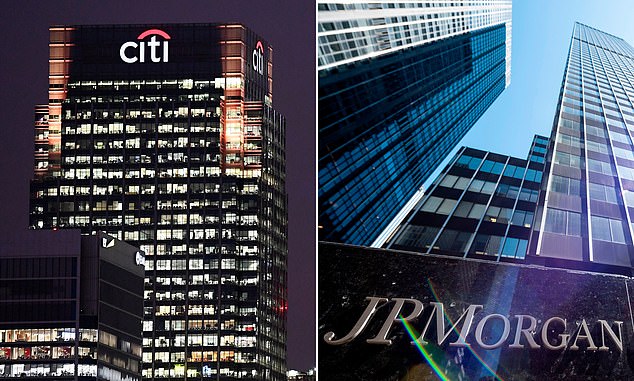
In a market built on reputation and trust, Macau’s ability to balance surveillance with profitability will define the next chapter of its casino era — a reminder that even in the world’s gambling capital, discipline is the ultimate bet.












